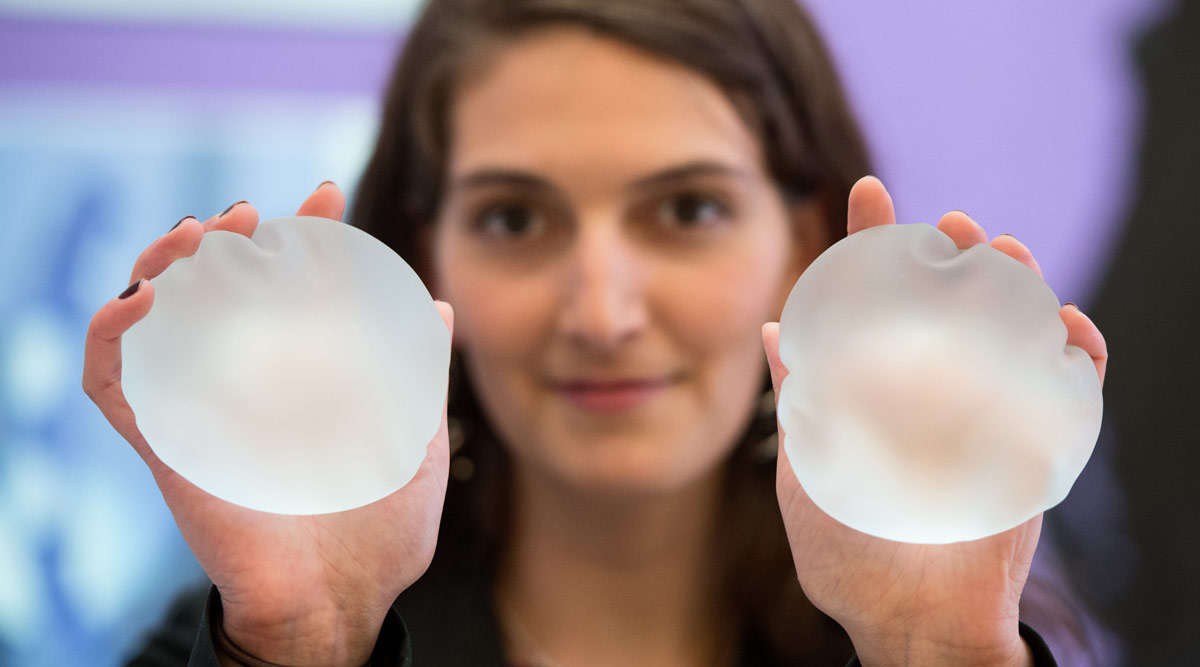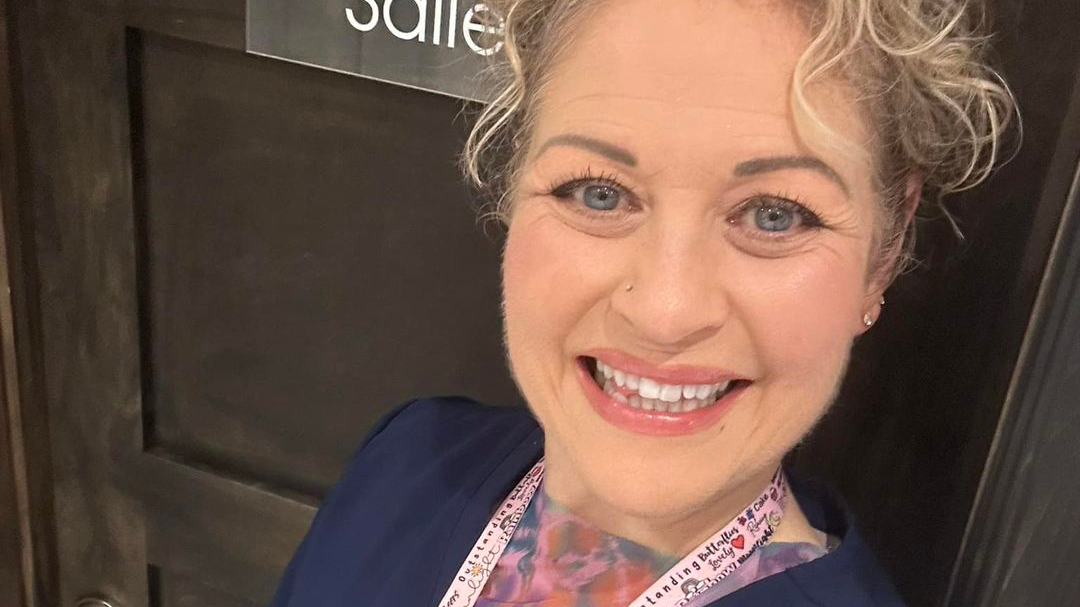French health authorities have informed manufacturers of a sweeping and historic ban on two categories of breast implants that are associated with an elevated risk of a rare form of cancer.
The prohibition, sparked by concerns of higher associated cancer risks, covers macro-textured and polyurethane implants.
It marks the most significant restriction that health authorities have imposed on breast implants during a wave of regulatory actions in recent months.
The responses came after the International Consortium of Investigative Journalists and media partners reported last November that thousands of women around the world suffered significant health problems after receiving breast implants as part of its global Implant Files investigation. Among those health problems is an immune-system cancer known as breast implant associated anaplastic large cell lymphoma (BIA-ALCL), which has been confirmed in 688 patients worldwide as of March 2019.
Dr. Christelle Ratignier-Carbonneil, deputy director-general of France’s National Agency for Safety of Medicines and Health Products, revealed the decision in an April 2 letter to manufacturers.
“I hereby inform you that I have decided to prohibit the placing on the market, distribution, advertising and use of macro-textured breast implants and polyurethane breast implants,” Dr. Ratignier-Carbonneil wrote.
She directed the companies to “proceed with their withdrawal, in view of the rare but serious danger that their implantation is likely to constitute.”
The letter gave the manufacturers four months to contest the decision before an administrative court if they choose to. The prohibition will take effect on April 5.
The ban covers macro-textured and polyurethane models of implants made by six manufacturers: macro-textured Natrelle implants by Allergan; Monobloc textured implants by Arion; Silicone textured implants by SEBBIN; GFX, IMPLEO and COGEL implants by Nagor; MATRIX implants by Eurosilicone; and POLYtxt, Sublime Lime, Microthane and Diagon\Gel® 4Two implants by Polytech.
Jamee Cook, the founder of Breast Implant Victim Advocacy, a group for women who suffered health problems after receiving breast implants that has called for stronger regulation of the products, welcomed the decision enthusiastically.
“I am ecstatic,” Cook said. “I think the evidence is just too overwhelming now for them to ignore.”
Cook credited the recent scrutiny on breast implants to the power of social media groups, which have harnessed the stories of thousands of women reporting harm from breast implants into a potent force for advocacy.
The move reflects recent research indicating that macro-textured and polyurethane implants pose greater risks of BIA-ALCL than other types of implants, including other textured implants.
Textured breast implants have a rough surface that is sometimes compared to sandpaper. Unlike smooth-surfaced implants, their surface adheres to the tissue that surrounds them, preventing them from moving around within the implant pocket created by the surgeon.

According to one forthcoming study, Silimed polyurethane textured implants pose a 23-times higher risk of ALCL, and Allergan Biocell textured implants pose a 16-times higher risk of ALCL, than lower surface area Siltex textured implants by Johnson & Johnson. Based on data from Australia and New Zealand, the study will appear in the May issue of the journal Plastic and Reconstructive Surgery.
France’s decision is the most sweeping of regulatory steps on breast implants that health authorities around the world have announced following the November 2018 publication of the Implant Files.
Textured implants produced by leading manufacturer Allergan were suspended from the European and Brazilian markets in December 2018 after losing their European certification. In February, a French government inquiry recommended that one brand of textured implants, Allergan Biocell, should be permanently banned.
In February, the U.S. Food Drug Administration sent a letter to health providers across the U.S. warning them about the association between implants and BIA-ALCL, and last week it conducted a two-day public hearing into breast implant safety.
During the hearing, ICIJ reported that FDA had kept hundreds of thousands of incident reports related to breast implants hidden from public view and two days later, the agency promised to release data tracking these reports to the public.
FDA spokeswoman Stephanie Caccomo said the regulator was continuing to study BIA-ALCL and would announce its decision on any further regulatory steps regarding breast implants shortly. Caccomo added: “We intend to communicate to the public what actions we plan take in light of the panel meeting and current state of the evidence in the coming weeks.”
Update, April 4, 2019: This story was updated to add comment from the FDA.






